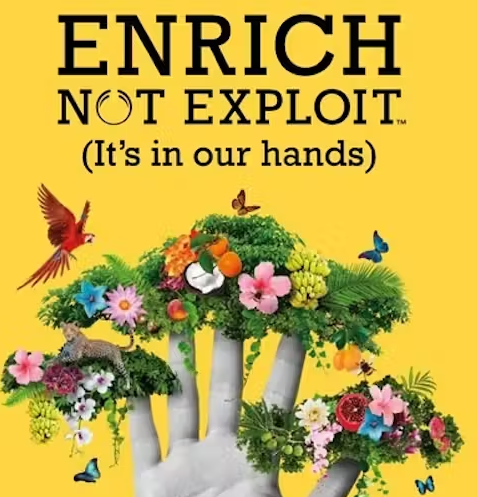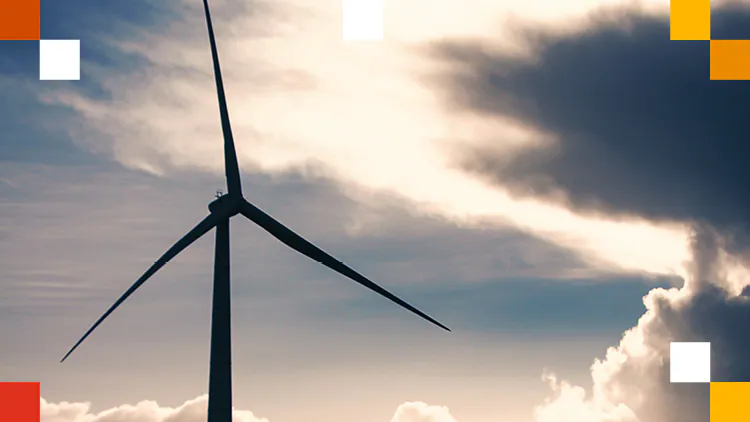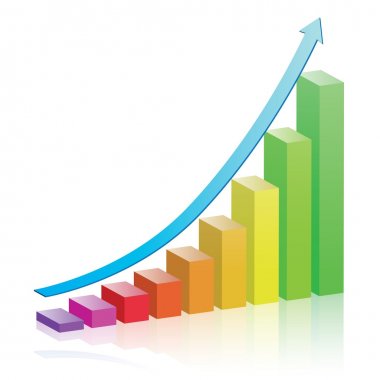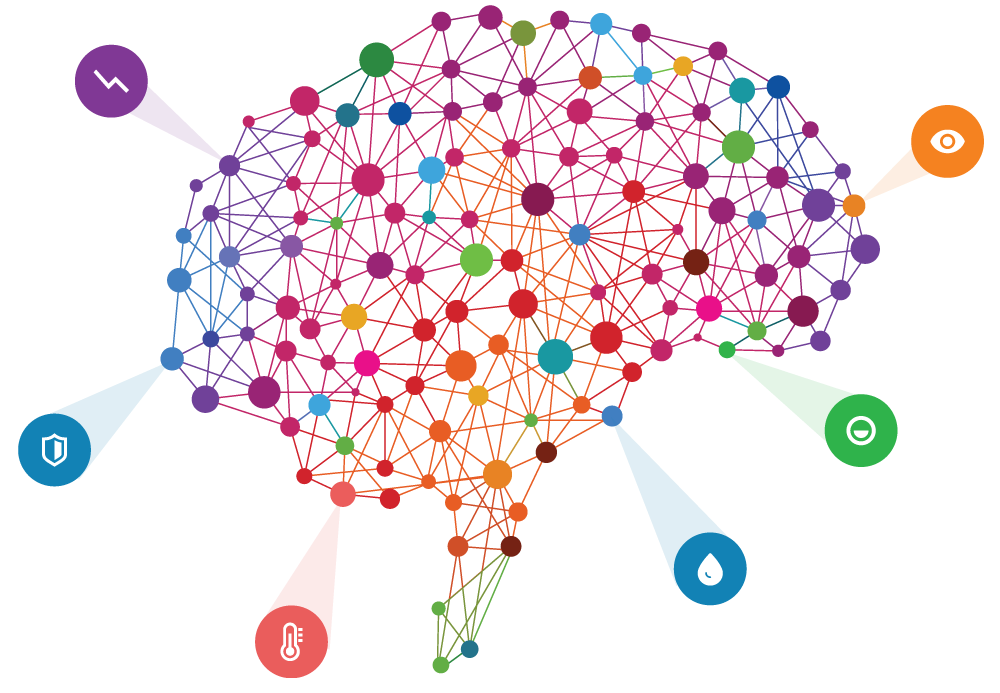SW News
Enrich not Exploit

The sustainability train continues at speed with new regulations, best practice and innovations emerging all the time. Top of everyone’s mind is the Corporate Sustainability Reporting Directive (CSRD). It’s everywhere and it’s sparking lots of conversations. Besides the ongoing focus it’s putting on environmental topics, one thing we’re also noticing is how it’s prompting businesses to step back and re-assess the role they play in communities.
This is part of a bigger shift that’s been going on for a while. Community-focused CSR initiatives are often where corporate sustainability programmes originate, but as a company’s sustainability approach matures, the CSR element typically needs to be revisited. A common change we see is companies moving from supporting a range of different charitable causes, to focusing on one cause closely aligned to their overall strategy. It enables them to create a bigger positive impact.
We’re also seeing some organisations leverage their influence in communities to champion climate action. Whether that’s credit unions offering discounts on loans for energy efficient home renovations or electric cars. Or estate agents raising awareness of retrofit grants. Or community radio stations sharing stories of the work being done by their local Sustainable Energy Community.
With CSRD, a company is required to disclose its impacts, risks and opportunities in relation to ‘affected communities’. These include local communities near the company’s operations, but also upstream communities (e.g. those involved in supplying raw materials) and downstream communities (e.g. those affected by new local infrastructure developments). While businesses have traditionally been good at engaging with communities locally, broadening the lens out to communities up and down the value chain is new. It’s going to shed light on things that companies could previously turn a blind eye to – things that may be happening upstream in the supply chain, such as forced evictions or restrictions on freedom of association.
The hope with CSRD is that by better understanding and acknowledging their impacts on communities, companies will adjust their business model to reduce or eliminate negative impacts and enhance positive ones. It sounds a bit theoretical but there is inspiration out there both from large corporates (e.g. Interface) and smaller mission-driven businesses (e.g. Moyee coffee) who are finding innovative ways to work with vulnerable communities in their value chain.
Back in 2015, the Body Shop – an early pioneer of fair trade and community engagement – coined the phrase ‘Enrich not Exploit’. When it comes to communities, this pretty much sums up what companies should ask themselves. How do we enrich not exploit the communities our business touches?
Our Top Reads
Here’s a roundup of recent articles and news that caught our attention:
- Climate and nature fund: in Tuesday’s budget, the Irish government announced a ‘first of its kind’ infrastructure, climate and nature fund, which means significant investment in crucial environmental projects will be prioritised into the future. (Irish Times)
- When sustainability programmes get stuck: From siloed sustainability departments to a reliance on outdated management tools, this article gives excellent insights into why sustainability efforts in companies often start off well but then get stuck and struggle to scale. (Forbes)
- Lego’s setback: Lego recently decided to abandon its plan to use recycled plastic bottles in its brick production after it turned out that this resulted in a higher carbon footprint. It’s a setback for the famous toymaker, and it highlights the complexity and trade-offs involved in going green. (BBC)
- Planetary boundaries breached: A recent assessment by scientists showed that Earth’s life support systems are significantly damaged, pushing us well outside the safe operating space for humanity. Six out of the nine “planetary boundaries” have now been breached. Alarming to say the least. (Guardian)
- Deciphering the alphabet soup: This article is a brave attempt to explain the many overlapping concepts and terms in sustainability, from circularity, to regeneration, to ESG, to sustainability itself. What exactly are the differences? And how do they inter-connect? (LinkedIn)
- TNFD launch: In a remarkable departure from the traditional Wall Street narrative dominated by bulls and bears, bees and biodiversity made a striking entrance on the financial stage with the launch of the Taskforce on Nature-related Financial Disclosures (TNFD) in September 2023. (Reuters)
- America’s Climate Corps: In good news from across the pond, President Biden is using executive authority to launch the American Climate Corps, training over 20,000 young adults in green jobs. (AP)
Solutions House Videos
As regular readers will know, we in SW like to focus on solutions. So, we were naturally drawn to Futerra’s Solutions House sessions, which were held live during NY Climate Week 2023. Luckily for all of us, the content from these sessions is now on youtube and available to explore. From the thought-provoking “Answers Only” opening session to the diverse range of discussions covering climate, health, media, creativity, and advocacy – these sessions had it all. Well worth a watch for those looking for a dose of optimism and a can-do attitude.
Environmental Leadership in Social Housing
On Tuesday 7th October, The Housing Alliance, a group of 6 of the largest Irish Approved Housing Bodies (AHBs) launched their report, funded by the Housing Agency, titled ‘Providing Environmental Leadership in Social Housing to Advance Climate Action Goals.‘
SW were proud to co-author the report, and SW Director Aideen O’Hora joined an international panel of experts at the launch to discuss the leadership required to navigate the challenges to 2030 and beyond.
The Cost of Climate Change
Setting the context for the ‘infrastructure, climate and nature fund’ announcement in the budget this week, the Irish Fiscal Advisory Council published a report recently called: ‘What Climate Change Means for Ireland’s Public Finances‘. It’s an important piece of work, described by the authors as a first attempt to estimate the fiscal impacts associated with climate change in Ireland.
The report highlights three main types of costs – compliance costs if we fail to meet our legally binding emissions reduction targets, transition costs as we make major societal transitions such as the move to electrified transport, and weather-related costs as we do things like install flood defences to protect against more extreme weather.
We recommend tuning in to this episode of the Inside Business podcast, where IFAC’s chief economist, Dr. Eddie Casey, talks to Irish Times journalist Cliff Taylor.
Certificate in Corporate Sustainability & ESG
The SustainabilityWorks team is proud to have developed Ibec Academy’s CPD Certificate in Corporate Sustainability and ESG – a 4-day programme accredited by TU Dublin. We’re gearing up to deliver the third round of the course in a few weeks’ time, kicking off on November 1st. Aimed at those who are tasked with developing or implementing a sustainability strategy for their business, this is a practical course that covers a lot of ground in a short space of time! To read more about it and secure your spot today check out the Ibec Academy website.
What We’re Reading
We’ve been reading “An Irish Atlantic Rainforest” by Eoghan Daltun and we’re captivated! Daltun’s personal journey into the magic of rewilding in nearly-vanished Irish rainforests is powerful and inspirational. A compelling reminder of the regenerative power of nature, and why it’s crucial to let it flourish. Highly recommended to all who are interested in Irish landscape, nature and rewilding.
Another one for your list is The Future of the Responsible Company: What We’ve Learned from Patagonia’s First 50 Years by Yvon Chouinard and Vincent Stanley. We haven’t read it yet but promises to be a good one!
What We’re Watching
Sustainability Jobs
- Group Head of Sustainability – ESB
- ESG Communications Lead – DAA
- Manager, Corporate Sustainability Reporting – CRH
- DEI EMEA Lead – Logitech
- Customer Sustainability Global Lead – Logitech
- Sustainability Specialist – Irish Distillers
- Environmental Graduate – Dairygold Cooperative
- Principal Climate Change Consultant – Mott McDonald
- ESG Programme Lead – MongoDB
- Senior Sustainability Consultant – Mazars
- Global ESG Lead – ARI
- Project Sustainability Manager – SSE Renewables







